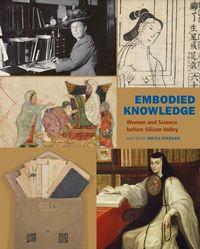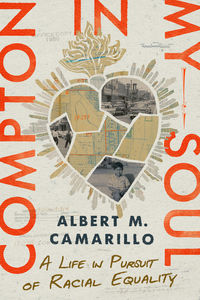
Why Study History?
For a great many people, history is a set of facts, a collection of events, a series of things that happened, one after another, in the past. In fact, history is far more than these things-- it is a way of thinking about and seeing the world.
To genuinely make sense of the past, you need to learn how to see it on its own terms, how to make the strange and unfamiliar logical and comprehensible, and how to empathize with people who once thought so differently than we do today. If you learn how to do these things, you begin to cultivate a crucial set of skills that not only help navigate the past, but the present as well. Once you can see the things that history teaches you, once you know how to penetrate unfamiliar modes of thought and behavior and can understand their inner logic, it becomes easier to make sense of the modern world and the diverse peoples and ideas that you will confront within it.
It might seem counterintuitive that one of the best ways to illuminate the present is by studying the past, but that is precisely why history can be so important. When we appreciate that history is not, first and foremost, a body of knowledge, but rather a way of thinking, it becomes a particularly powerful tool. Not everyone may choose to become a historian. Yet, whatever career you choose, knowing how to think historically will help.
By taking History courses at Stanford, you will develop
- critical, interpretive thinking skills through in-depth analysis of primary and secondary source materials.
-
the ability to identify different types of sources of historical knowledge.
-
analytical writing skills and close reading skills.
-
effective oral communication skills.
History coursework at Stanford is supported by mentorship from our world-class faculty and by unique research opportunities. These experiences enable undergraduate students to pursue successful careers in business, journalism, public service, law, education, government, medicine, and more. Learn what Stanford History majors and minors are doing after graduation.
Undergraduate Program
We offer the following degree options to Stanford undergraduate students:
-
Undergraduate Major: Become a historian and chart your path through the B.A. in consultation with your major advisor.
-
Honors in History: Join a passionate group of History majors who conduct in-depth research with Stanford faculty.
-
-
Undergraduate Minor: Complete six eligible courses for a minor in History.
-
Co-terminal Masters: Join the selective group of Stanford undergraduates who explore their passion in History before entering graduate school or professional life.
How to Declare
The first step in becoming a History major is finding a Faculty Advisor. The best way to find an advisor is simply to take a variety of History courses, drop in during faculty office hours, and introduce yourself as a prospective History major. Faculty are happy to suggest coursework and to offer counsel. You are also welcome to reach out to our undergraduate Peer Advisors about how to navigate Stanford History. Learn more about how to declare.
Herodotus: An Undergraduate Journal
Herodotus is a student-run publication founded in 1986 by the History Undergraduate Student Association (HUGSA). It bears the name of Herodotus of Halicarnassus, the 5th century BCE historian of the Greco-Persian Wars. Based on a rigorous, supportive peer-review process, the journal preserves and features the best undergraduate research conducted in the department. Browse Herodotus
Program Contacts

Director of Undergraduate Studies

Director of Honors and Research

Undergraduate Student Services Officer
Department Bookshelf
Browse the most recent publications from our faculty members.




